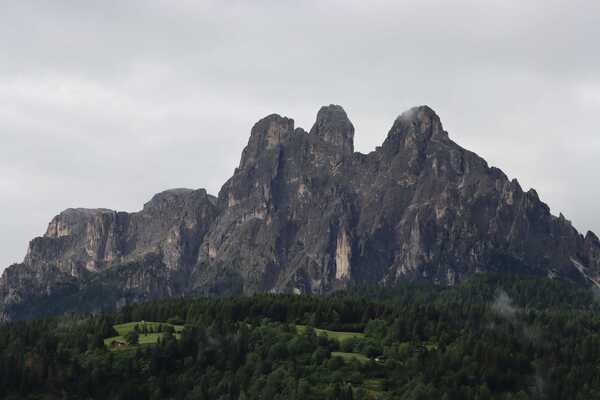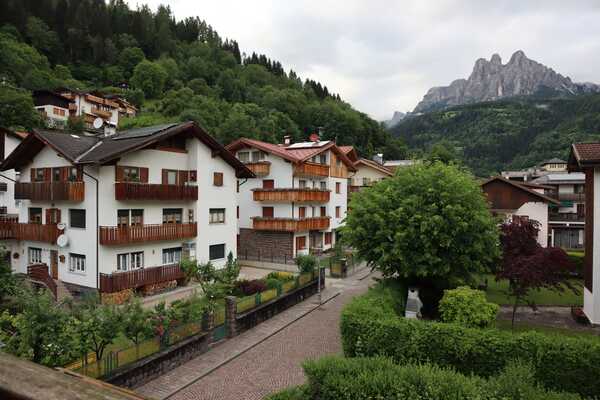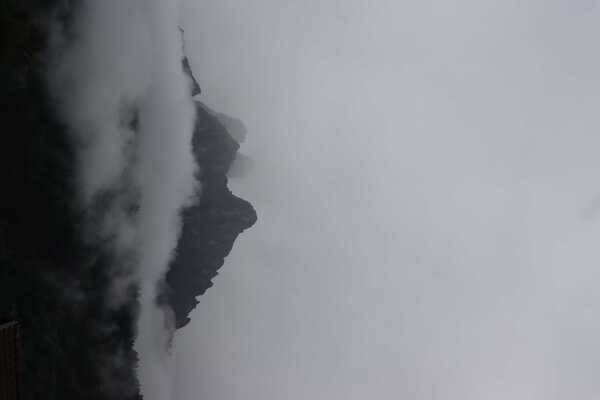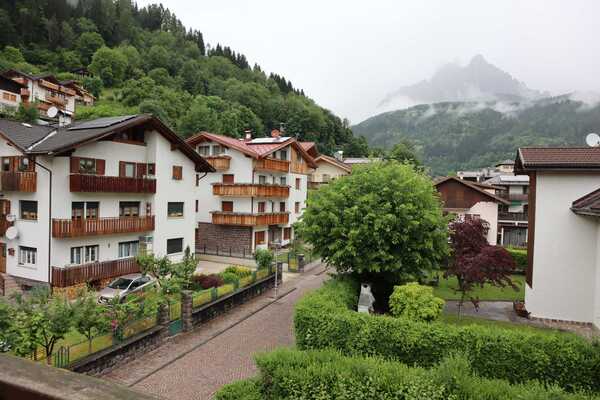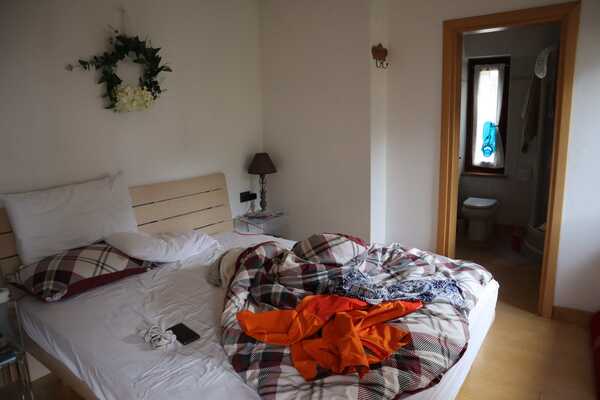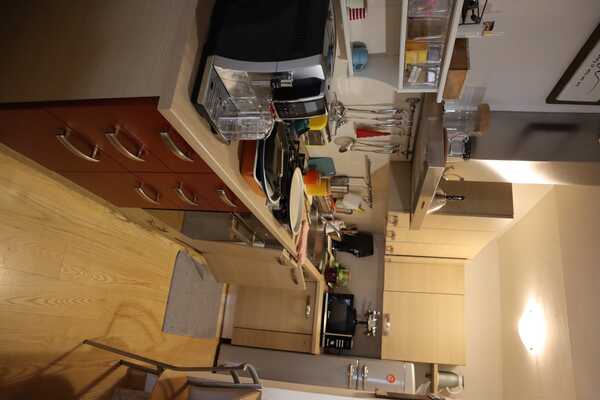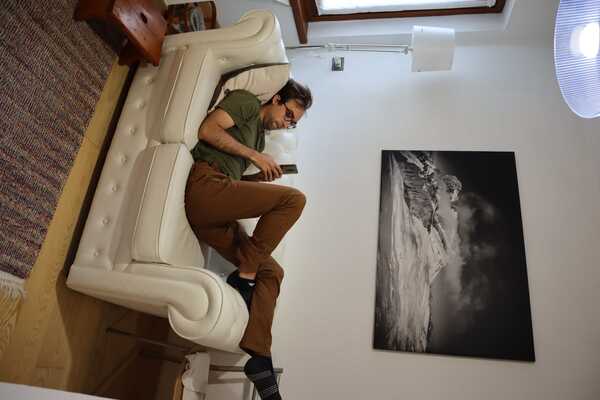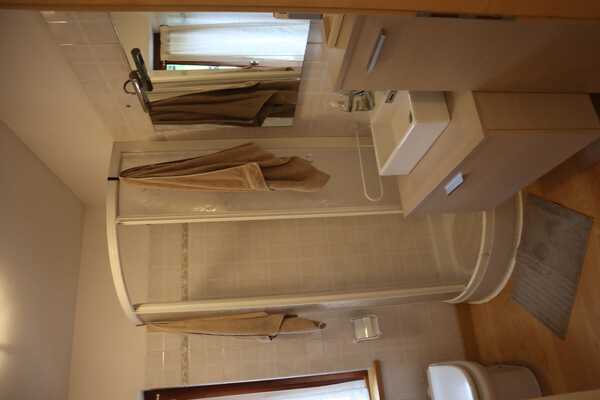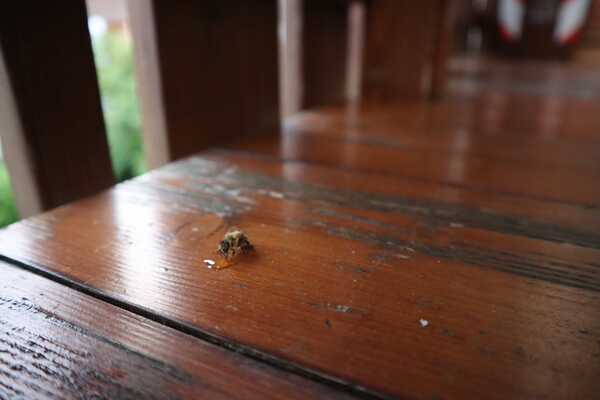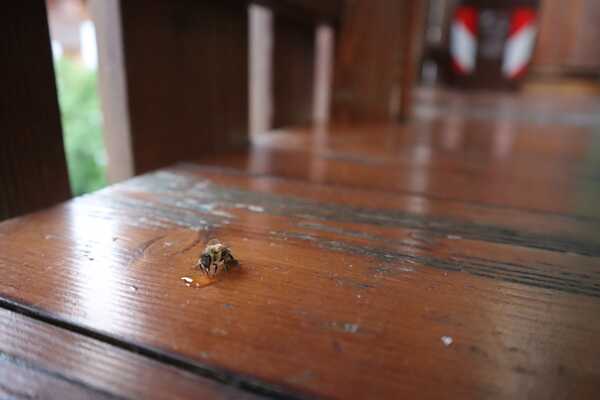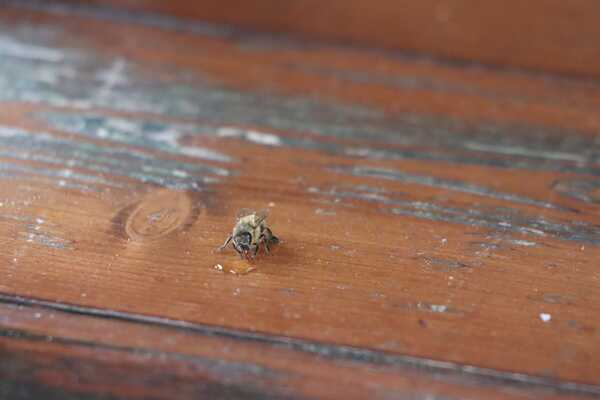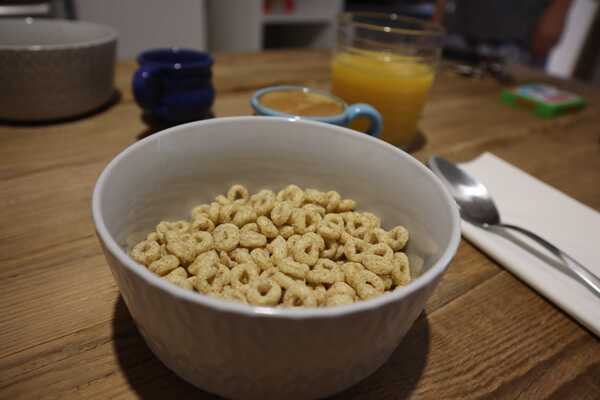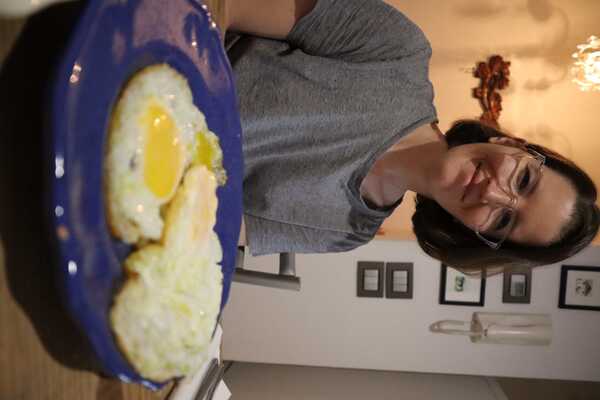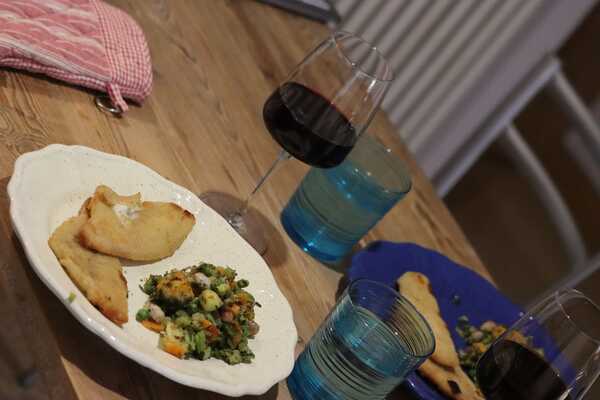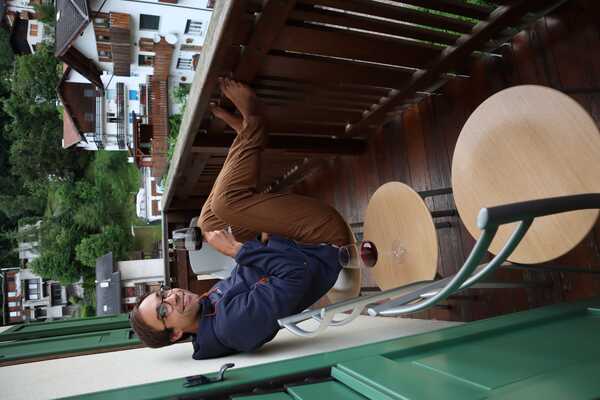Our Weekend in the Dolomites
After 14 days of high-activity travel all around Italy, we are exhausted. The trick to long-term travel is pacing. And taking days off. Essentially, in the past, I’ve treated it almost like a work week: X days as travel-on, and Y days as travel-off. My “travel-off” days included TV show binging, not going to restaurants, and just sitting in parks or the hotel room doing nothing. It allows you to re-charge, as travel is all about excited intake. And it’s exhilarating and exhausting.
We were planning on taking our first post-Venice day off, but Passo Giau was just too exciting. We were above the tree line with epic mountain tops. We went outside every day instead.
On Monday, we arrived in Fiera di Primiero, a town nested within the Dolomites. And we opted to take a weekend on Tuesday and Wednesday. Our weekend included washing every piece of clothing we had, some TV/movie binging (Obi-Wan Kenobi…), blogging and digital errands, and plenty of small housekeeping items.
It was great! We had an apartment with a washer and dryer, a full kitchen, good WiFi, and a lovely town with a gelato place. We couldn’t have asked for more!
Saving a Bee
One night, we had a wonderful butternut squash ravioli in tomato basil sauce and some wine. Afterward, we poured ourselves another glass of wine, bundled up and head out onto the balcony to enjoy the post-rain chilled mountain air. As we sat there and contemplated life, politics and current events. We noticed a bee under our feet, just there. It wasn’t moving and was incredibly still. I said aloud, “I think this bee is in the process of dying”. Tim replied (somewhat jokingly) “we have honey in the kitchen”. I exclaimed “we should give it some! I was thinking that!” So, we did!
We got the honey and a toothpick from the kitchen and carefully put a drop of honey in front of the bee. Immediately the bee stuck its tongue out and started slurping up the honey. First, it was just the tongue, which Tim saw through the camera lens. Then, it started wiggling its antennae, then its butt. At some point, it started taping its legs. Then it started to move its wings. We both backed up, as we didn’t know what the bee would do. It stepped back and immediately took off from the balcony, flying up over the roof. It seemed like it was thinking “I am so done with this place, ugh!” We were just in awe, watching this little being gather food and strength to tackle life again. It was incredible, and such a special moment we shared. On our trip, it has been these quiet moments that I’ve enjoyed most. Where we are sitting and just watching our surroundings, completely present. It introduces a kind of connection and magic.
Cognitive Overhead & Restaurants
In thinking about our quiet moments, how busy our trip has been so far, our pacing, and the weekend we needed, it got me thinking about our cognitive overhead – and how to approach this intentionally. I associate cognitive overhead as the amount of energy you need to expel, in terms of how much you must do and think about, as well as when you can take a break. We’ve been talking about restaurants, as one example. Restaurants are inherently a performance around atmosphere and food. You sit down, you choose your drinks and food, you talk to your server, you have to indicate when you are done, you are expected to talk, you aren’t sure where the bathroom is, and the food is prepared by someone else. This is great for 1-2 times per week. But having to guess and navigate this for every meal, or even one meal a day creates a huge amount of cognitive overhead. We want our on-days to be focused on new things, and cooking at home at night and on our off-days means that this time can become more restorative. We have food we can cook, we are doing something familiar, listening to music or a podcast, and preparing the food in familiar and known ways. There’s no pressure to talk if we are both tired and just eating. And it saves a ton of money to have a kitchen and use it.
Of course, with traveling, restaurants are fantastic! They are a new experience that you can’t find in your own country, with new dishes. I can’t spontaneously make Venetian sauce for fish (well, not yet!). And eating next to a canal is magical. However, it is being intentional in choosing when we want to opt into this performative experience, as one example. So, for most meals, we go to grocery stores and pack food. And, when possible, 2-3 meals are out a week.
Frankly, we’ve made some incredible meals at “home” too. And I’m even looking forward to making mussels and fries in Amsterdam, as I’ve been craving them.
Learnings from Travel
In our first 3 weeks, we’ve been reminded of a couple of things: • Traveling is exhausting, we think our pace is one major activity a day; 5-6 days on, 1-2 days off • Continuously handwash underwear, it pays off in dividends… • Use restaurants sparingly for long trips, both for your budget and energy level • Travel on weekdays, so that you might experience a place when everything is open on the weekends • Bring less stuff, you acquire as you go if you need it • Give yourselves weekends, and permission to have Netflix days • When in doubt just ask (we have bought apples from a bar and a teapot from a restaurant, all with the power of asking) • Have a form of routine – wake up times, eating times, sleeping times. A rhythm helps you to focus on what you want to tackle (and what is built in) • Focus on what you spend cognitive energy on, and what you don’t • Go at a “wandering” pace and be flexible with your day • Opt into social media and news, and focus on removing it as your default activity
We are off to Sirmione, a lake in Italy. It will be our last stop in Italy – which feels unreal for how fast time flies. After that, a quick visit to Amsterdam and then we will be done with our first continent!
It still feels surreal to be here, traveling like this. But I’m incredibly grateful. And we pinch ourselves every day, asking “is this real?”
